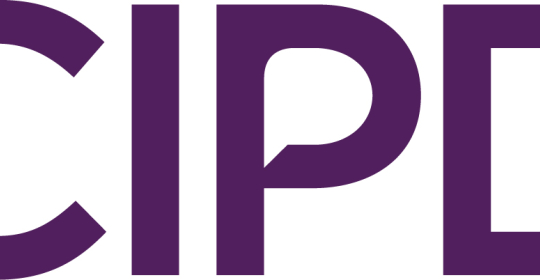- The median basic pay award in the three months to the end of August was 5%, falling 0.4 percentage points from the previous quarter
- However, the median public sector pay award in the year to the end of August 2023 was 6.4%, the highest level since March 1992
The latest data from XpertHR indicates that pay awards are beginning to cool, despite public sector pay deals reaching record levels.
Falling for the second consecutive rolling quarter, from 5.4% (revised) in the three months to the end of July, to 5% in the three months to the end of August, this month’s research suggests pay awards have reached their peak.
With inflation set to drop to around 5% by the end of 2023, employees can expect the gap between pay growth and inflation to track more favorably.
Latest rolling quarter findings:
Based on the outcome of 61 pay awards with effective dates between 1 June and 31 August 2023, covering over 600,000 employees, XpertHR also found that:
- 5% remains the most common deal. More than a quarter (25.6%) of pay awards are worth exactly 5%.
- Seven in 10 deals higher than 2022. A matched sample analysis found that over seven in 10 deals (71.7%) of settlements were higher compared to the offering provided to the same employee group last year.
- Interquartile range narrows. The lower quartile has fallen to 4.3% and the upper quartile to 6.7%, meaning that the interquartile range - the middle 50% - of pay awards falls within the lowest range since October last year.
Public sector pay awards highest for 30 years:
2023 has been marked by industrial action and dispute and further developments are likely to follow. Nevertheless, the median public sector pay in the year to the end of August 2023 was 6.4%, the highest level since March 1992.
Inflation and rising interest rates aside, a key contributor to this jump was a renewed focus on addressing low pay in the sector. For example, doctors and dentists in training in England received a £1,250 consolidated payment on top of the 6% increase to their salary scales, whilst most other doctors and dentists received only a 6% increase to their rates. In the Armed Forces, personnel received a 5% increase plus £1,000, worth proportionally more for the lowest paid. Also, amongst those groups of workers covered by the public sector pay review bodies, the lowest grades in the Prison Service were increased by £2,000, which at the equivalent of a 10.3% rise was worth more that the prison officers grades’ increase of 7% on base pay points.
2023 annual pay awards review:
Based on the outcome of 943 pay awards with effective dates between 1 September 2022 and 31 August 2023, covering over 4.84 million employees, XpertHR found:
- The median basic pay award in the 12 months to the end of August 2023 stands at 6%, up from 4% recorded a year ago.
- The median paybill budget for the allocation of performance-related pay awards stands at 5%, higher than a year earlier.
- Over the past 12 months basic pay awards have been worth on average seven percentage points less than inflation.
- Public-sector pay awards are also much higher than a year ago, with the median basic pay award at 6.4%, above the whole-economy median.
Sheila Attwood, XpertHR senior content manager, data and HR insights, said:
“The past year for those involved in reward has been characterised by contending with historically high inflation and a tight labour market, while employees have been battling with the effects of the high cost of living. The impact of this has been reflected by pay awards reaching levels not seen for 30 years.
“However, this month’s data reinforces the XpertHR view that we have reached the peak of higher pay awards, and for the remainder of the year we can expect settlements and increases in pay to slowly begin to fall. Although the latest data from the ONS indicates significant pay growth over the past three months, the level of growth was the same as in the previous quarter.”






